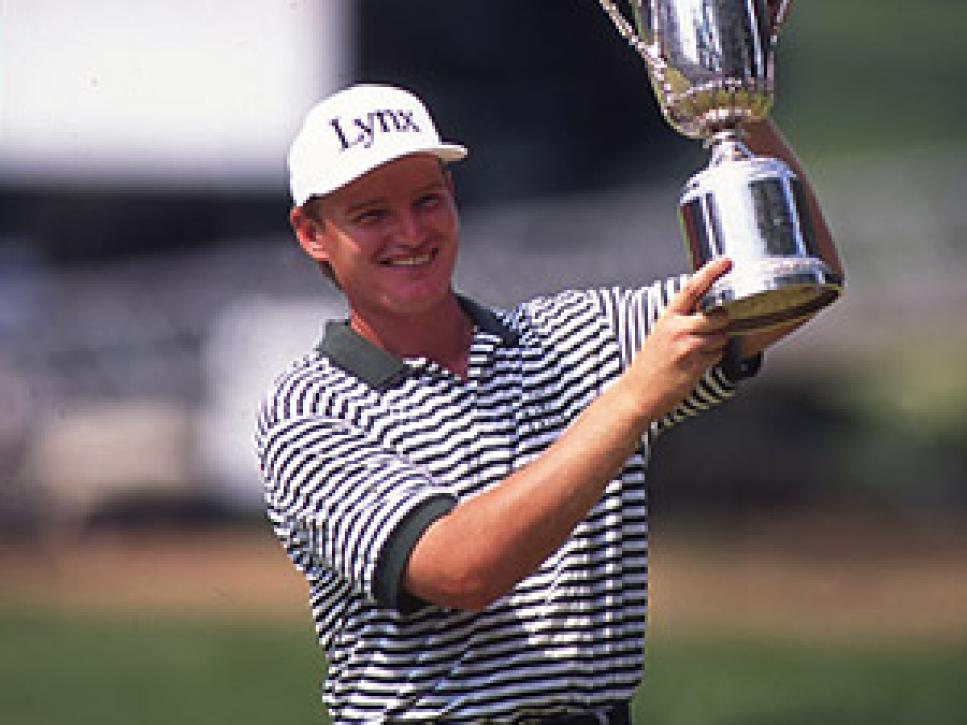News
If you want to win the U.S. Open, you probably don't want to win this week in Memphis
The predominant strategy heading into a major such as next week's U.S. Open is to have your game peaking for the best chance to win. But Golf Digest research shows that's all fine and good as long as the peaking doesn't include actually winning the week before the Open.

As it turns out, winning the week prior to the National Open has done little to improve a golfers chances of even contending in the major. Eight of the 65 winners of the lead-in tournaments did not actually play in the Open and 17 winners missed the cut the next week, meaning 40 percent of the winners weren't even close to being a factor in the U.S. Open. Of the other 39 who played 72 holes at the Open, the average finish was 21st; only 16 players (25 percent) finished in the top 10.
The fact no player has gone into the Open off a win and repeated likely speaks to the different (and more difficult) nature of the course the USGA is playing its championship on compared to the normal tour venue, where birdies aren't quite so scarce. In short, the Open likely ruins whatever good feelings you had about your game after winning.
In some cases, it was beneficial to come close to winning and then do it at the Open: In 1962, Jack Nicklaus was second at the Thunderbird Classic and won his first pro tournament at the Open. In 1971, Lee Trevino lost a playoff at the Kemper and won the Open the next week. In 1974, Hale Irwin was second at Philadelphia one week and won the Open the next. Corey Pavin lost a playoff at Kemper then won at Shinnecock Hills in 1995.
The toughest heartbreak trifecta was Palmer in 1963: He won a playoff June 16 at the Thunderbird Classic, lost a three-way playoff the next week in the Open, then won a playoff at the Cleveland Open the next.
There is actually more evidence that winning the U.S. Open can carry over to the following week, if the champion feels up to playing after a big win. Five U.S. Open winners have carried the momentum over into the following week's tour event: Ralph Guldahl (1938 U.S. Open) at the Western Open; Cary Middlecoff ('49 Open) a rare co-champion at the Motor City Open; Billy Casper (1966 U.S. Open) won the Western; Irwin (1990 Open) won the Buick Classic at Westchester; and Ernie Els experienced both perspectives. In 1994, he was second at the Buick Classic a week before winning at Oakmont in a playoff, but in 1997 he did an Irwin and won the Open and Buick back-to-back.
Of course, some players can win an event and take time off to win an Open: In 1953, Ben Hogan won Colonial on May 24 and the Open in his next start on June 13. Tiger Woods won the Memorial May 29 in 2000 then was off until winning at Pebble Beach June 18.
Interestingly, 13 players twice won the event leading into the Open, but neither time got the follow-up win at the Open: Mangrum, Palmer, Gene Littler, Casper, Weiskopf, J.C. Snead, Andy Bean, Ray Floyd, Seve Ballesteros, Vijay Singh, Lee Janzen, Justin Leonard and Garcia.